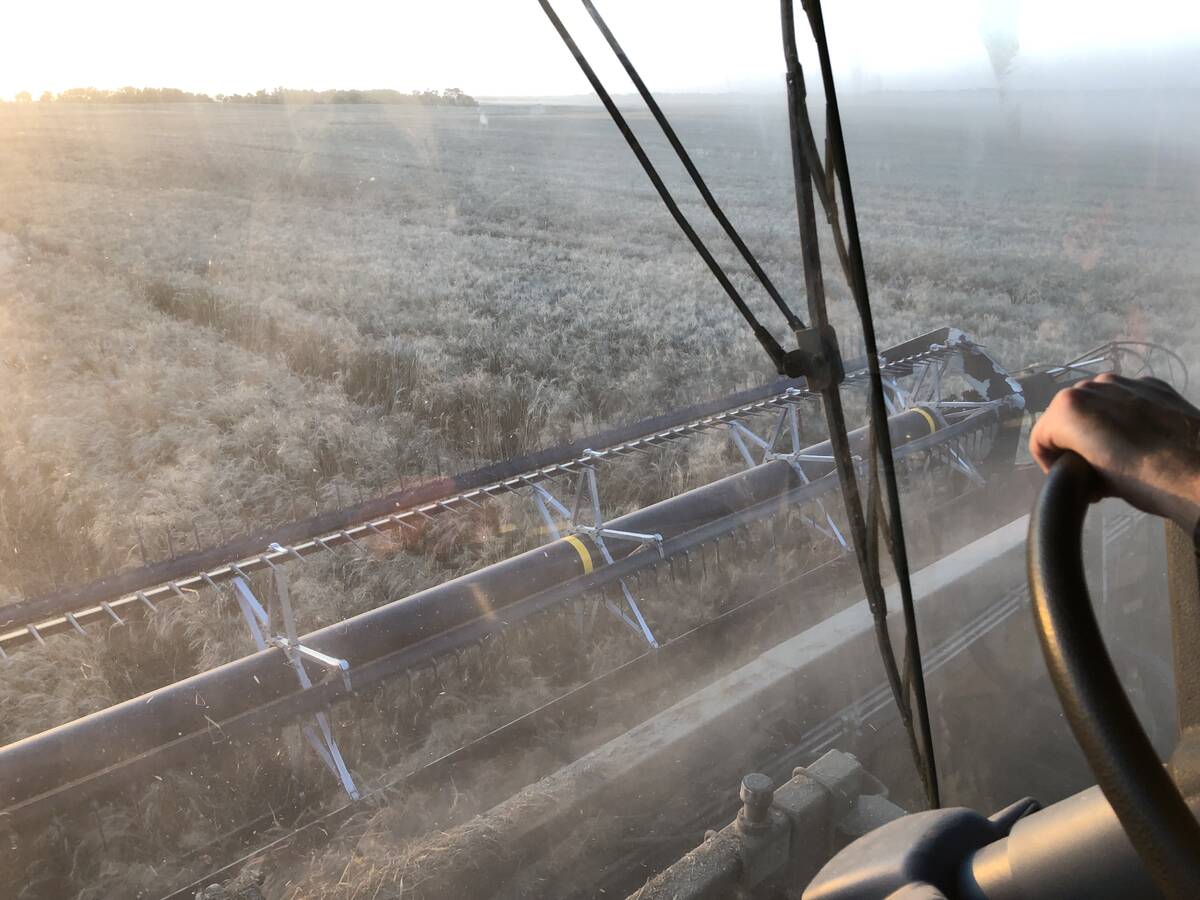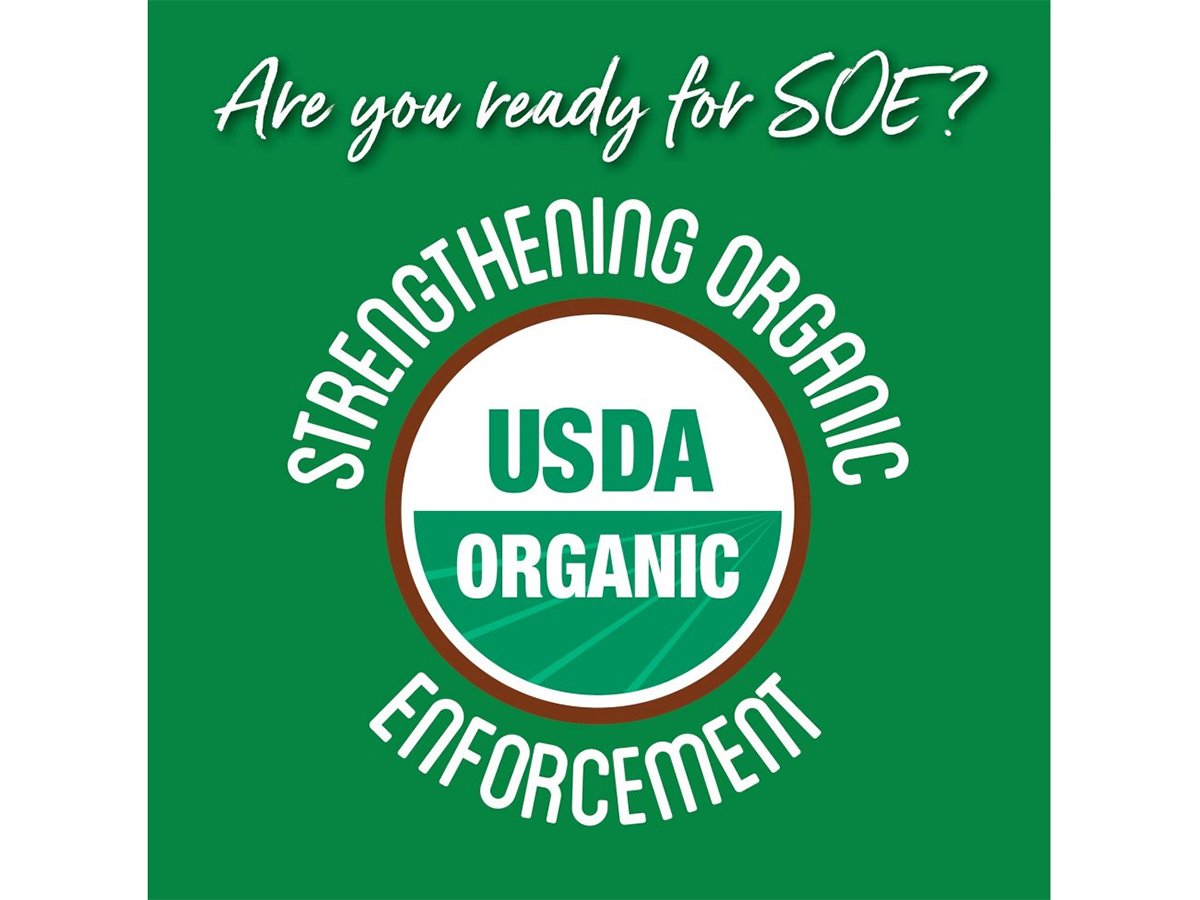WINNIPEG — Exporters of organic grain and food are struggling to get their products to the U.S. market as new rules designed to curb organic fraud hit Canadian companies.
The new regulations, known as Strengthening Organic Enforcement, require all organic products coming into the United States to have a National Organic Program import certificate.
The rule “is overly affecting Canadian exporters” because this certificate wasn’t required in previous trading relations, said Tia Loftsgard, executive director of the Canadian Organic Trade Association.
Read Also

Mail strike disrupts grain sample delivery
The Canadian Grain Commission has asked farmers to consider delivering harvest samples directly to CGC offices, services centres or approved drop offs as Canada Post strike delays mail.
The Strengthening Organic Enforcement regulations came into effect March 2024, but Canada was able to negotiate an extension of the deadline.
That extension lasted until July 15. The new rules have been enforced on Canada for about three months.
“Importers of organic products into the United States must be certified under the USDA organic regulations by a USDA-accredited certifier,” says a Canadian Food Inspection Agency notice.
“This includes operations physically located outside of the United States that are acting as the importer of record for such shipments.”
In the past, many Canadian exporters of organic grains and foods would sell directly to a U.S. customer or retailer.
The American business didn’t need to be certified as organic and acted as the importer of record.
That is no longer acceptable.
“Many Canadian exporters realized that the (American) retailers are not certified (as organic),” Loftsgard said.
To get around the requirement, the Canadian exporters are becoming the importer of record in America.
That’s not a simple task.
The “importer of record” must go through a certifying body, which is accredited by the U.S. National Organic Program, to get certified as organic.
What this all means is much more paperwork and more headaches for Canadian organic exporters.
“It is a huge change and a major cost and inconvenience for the organic sector,” Loftsgard said.
In 2024, Canada exported $990 milion worth of organic products, mostly to the U.S., says the Canadian Organic Trade Association.
From 2020-23, that figure was $500 to $600 million annually.
The new American rules are a response to complaints from organic farmers and organic industry leaders in the U.S., who have called for a crackdown on imports of fraudulent organic grain and food.
Many countries have been suspected of shipping “organic” grains to the U.S. that are not actually organic, including India and multiple nations in Eastern Europe.
“Organic supply chains have become increasingly complex … leading to documented cases of organic fraud,” the U.S. Department of Agriculture says.
Recently, there’s been accusations that organic soybeans from West African are fraudulent.
Organic fraud is real but the new rules are frustrating for Canada’s organic industry, which historically has had a good relationship with its partners in the U.S.
“We question why the organic equivalency arrangement process we have had in place for 16 years is no longer sufficient for export into the U.S.A.,” Loftsgard said.


















